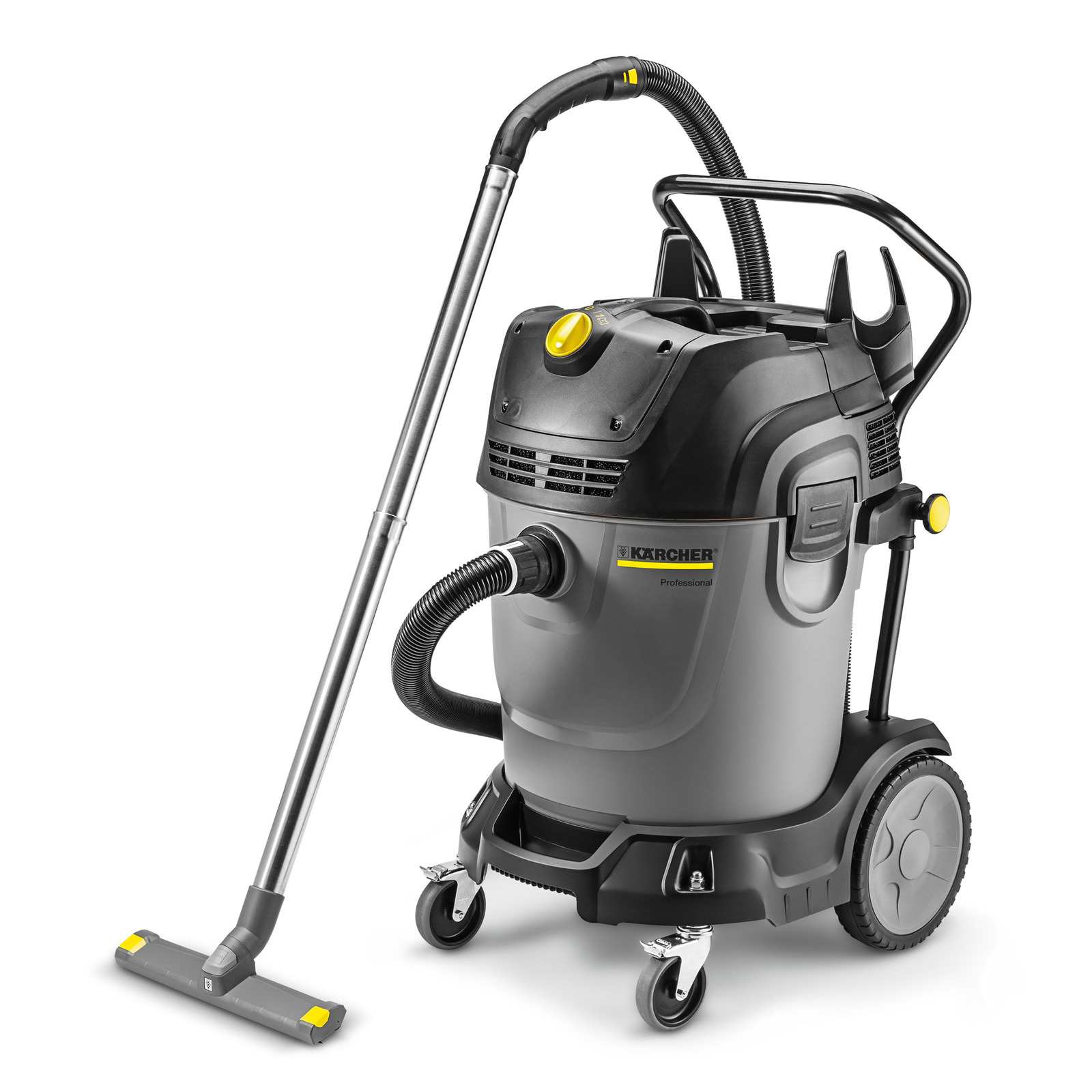I’m another big fan of solid wire. I’m still working from large spools of 24, 22, and 18 g I bought in the 80s, I don’t remember how much was on them, (sold by the pound) but I got a great deal on some JAN surplus Teflon. The only issue (beyond stiffness) is how hard getting the insulation off is. It’s been the source for my HiFi speaker wire, interconnects, even custom USB cables between digital processors.
Just like some solder suckers are beter than others, (and if you like Engineers solder suckers, wait till you try their pliers!), solder, and desoldering braids also vary in quality. Don’t cheap out on the braid. Make sure it’s flux loaded. (They use a powdered flux on braid, you can’t easily tell if it’s there.) Confusingly, it often helps to ADD solder to the braid before using it, especially on clearing out through holes. Practice!
I’m slow building; but it’s a past-time for me, a hobby, so speed is not important. I pre-cut, strip and form (since it’s solid core) all my wires before attaching them to anything. I also have a habit of pre-tinning pretty much anything I stick a wire on. Prior to this year (thank you PedalPCB) most of my pedals were veroboard, so everything is off board wired except the components. A lot of practice…
I didnt use a flux bottle until I was doing a lot of SMT, and now use it all the time. I like the squeeze bottles with needle like tips. They jamb, you get good at running a fine wire down them.
i do also have a secret weapon though. An arcane set of “French miniature reamers” that has helped me over the years. The smallest goes down to about 1/3 mm.
View attachment 41708View attachment 41709







